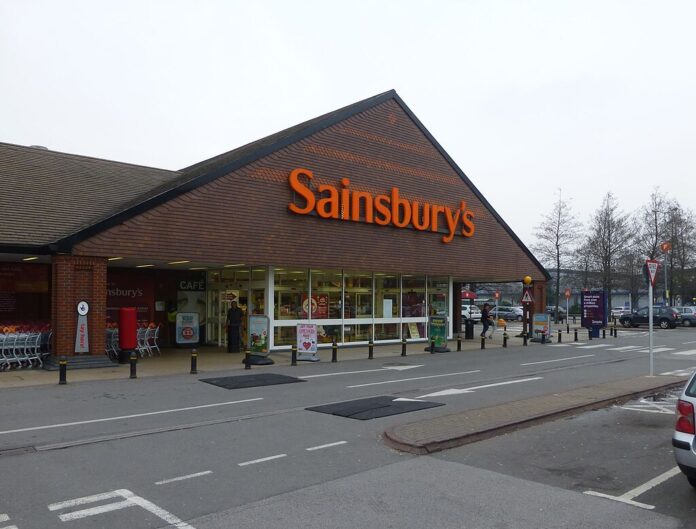The supermarket giant aims to attract more customers by pricing up to 200 Aldi products competitively in its convenience stores.
In a bold move to bolster its presence in the competitive grocery market, Sainsbury’s has announced that it will match the prices of up to 200 Aldi products in its smaller convenience stores. This initiative comes as the retail giant seeks to attract customers who often find themselves paying a premium for the convenience of shopping locally, especially during the ongoing cost-of-living crisis.
Convenience stores have long been critiqued for charging significantly more than larger supermarkets, with recent BBC research revealing that frozen pizzas can cost up to 26% more in these smaller outlets compared to their larger counterparts. This price disparity has raised concerns among campaigners who argue that retailers should do more to narrow the gap for essential groceries.
Embed from Getty ImagesSainsbury’s is the first major supermarket to expand its Aldi price match campaign to its convenience stores, highlighting a strategic shift in response to evolving consumer habits. However, the company has not disclosed the financial implications of this new initiative, and it should be noted that its Nectar loyalty scheme will continue to operate only within its main supermarket locations.
Aldi has consistently been rated as the UK’s cheapest supermarket by consumer advocacy group Which?, prompting Sainsbury’s, along with Tesco, Morrisons, and Asda, to implement price-matching strategies for everyday essentials. A recent investigation by BBC Panorama found that some of Tesco’s price-matched items did not provide a true like-for-like comparison, raising further questions about transparency in pricing among supermarkets.
While Aldi’s growth has decelerated this year, largely due to easing cost pressures for consumers, the demand for convenience remains strong. According to Ananda Roy from the consumer analysis company Circana, the expansion of convenience stores is a notable trend, with Waitrose, Asda, Morrisons, and Marks & Spencer also increasing their footprint in this market segment.
Yet, the premium for convenience shopping is clear. Data from Circana indicates that shoppers pay an average of 10% more for everyday items at convenience stores compared to larger supermarkets. For instance, bread is 21% more expensive, prepared rice packets are 36% higher, and ketchup costs an additional 14%. Over a year, consistently opting for convenience stores could add approximately £800 to a shopper’s grocery bill for a typical weekly basket.
Consumer advocates, including Which?, have highlighted the need for increased transparency regarding pricing in convenience outlets, particularly when loyalty and promotional prices differ significantly from those in larger stores. As inflation remains a pressing issue, supermarkets are under scrutiny, with many responding by introducing cheaper, own-brand products to attract cost-conscious shoppers.
The expansion of Sainsbury’s Aldi price match initiative could spark a ripple effect among its rivals, prompting them to re-evaluate their pricing strategies in convenience stores as they compete fiercely for customers. As consumer habits evolve, supermarkets are likely to adapt, further blurring the lines between convenience and value in the retail landscape.
